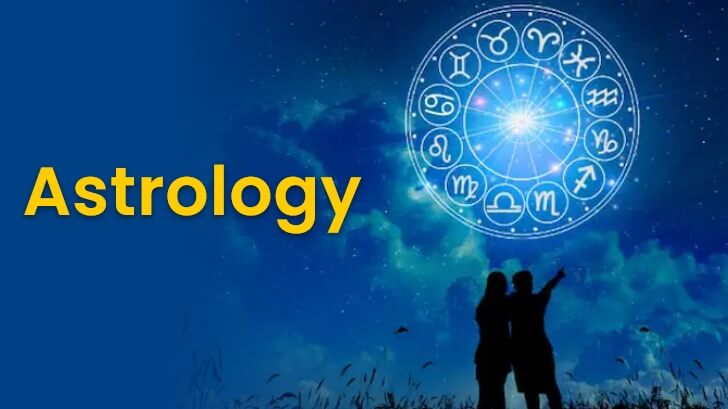Introduction
Astrology is a practice that has been around for thousands of years. It involves studying the relative positions and movements of celestial objects to find out about things that happen on Earth and in people’s lives. Even though astrology is very popular, there is still a lot of debate and controversy about it. Some people think it’s a real science that can teach us important things about ourselves and the world around us. Others, on the other hand, see it as nothing more than a myth with no scientific basis.
How Astrology Came to Be
Astrology can be traced back to places like Babylon, Greece, and China, where it was used to understand the natural world and make predictions about what would happen in the future. Astrology changed over time and became a complicated system of symbols, meanings, and predictions. Even though astrology has been around for a long time, it has never been accepted by everyone as a science, and those who don’t believe in it have often criticised and questioned it.
From a scientific point of view
From a scientific point of view, astrology is a pseudoscience, which means that it makes claims that can’t be backed up by evidence or research. Critics say that astrology doesn’t have a good theory behind it and that it doesn’t use scientific principles to make predictions. They also say that astrology is not tested or reviewed by peers, and that its claims are not backed up by good data or proof.
From an astrological point of view:
Astrology’s supporters, on the other hand, say that it is a valid way to predict the future based on hundreds of years of observation and experience. They think that the way the stars move and where they are in the sky has a direct effect on people and that astrology can tell us a lot about people, their relationships, and the future. Astrologers also say that astrology is not a traditional science but a symbolic language that can be used to understand the world in a deeper and more meaningful way.
Astrology and the Scientific World:
Even though there isn’t much evidence to support astrology, many scientists have been willing to talk to astrologers and find out what benefits this old practice might have. Some people have said that astrology can help us understand how people act and how the world works, and that it might even have something to offer the scientific community. Some people have said that astrology might help us understand how the human mind works and how we see and understand the world.
What’s Next for Astrology:
Whether astrology is seen as a science or a superstition, it is likely to remain a popular and widely used way to predict the future for a long time. Even though not everyone thinks of astrology as a science, it is still a fascinating and interesting topic that keeps people around the world interested. It’s hard to say if it will ever be accepted as a real science, but one thing is for sure: free 5 minutes astrology will be talked about and argued about for a long time.
How the Zodiac Signs Work:
The idea of zodiac signs is one of the most important parts of astrology. Astrologers think that a person’s zodiac sign is based on where the sun was when they were born. This sign tells us a lot about their personality, their strengths and weaknesses, and their potential. But the idea of zodiac signs has been criticised in recent years. Some critics say that the positions of the stars and planets have changed over time because of a process called precession. This means that the traditional zodiac signs are no longer accurate.
Personal Experience vs. Empirical Evidence:
The role of personal experience versus empirical evidence is another point of disagreement in the astrology debate. Even though astrology is based on personal experience and observation, that is not enough to prove its scientific validity. Astrology would have to be backed up by real-world evidence and put through rigorous testing and peer review before it could be called a science.
How Free Will Works:
Last but not least, it’s important to think about the role of free will in astrology. Astrology can tell a lot about how people act and what they are capable of, but it’s important to remember that people can choose their own paths in life and that it shouldn’t be used to tell the future or decide fate. In the end, astrology should be seen as a way to help people grow and learn about themselves, not as a way to predict the future.
Conclusion
People all over the world are still interested in astrology, and it is still an important part of our culture and society. Astrology is a good way to learn about yourself and grow as a person, whether you think of it as a science or a superstition. It has been a very important part of how we see the world and ourselves. No matter what you think about astrology, it is an interesting and complicated topic that is worth learning more about and thinking about in depth.





 How High Can Kangoo Shoes Jump?
How High Can Kangoo Shoes Jump?